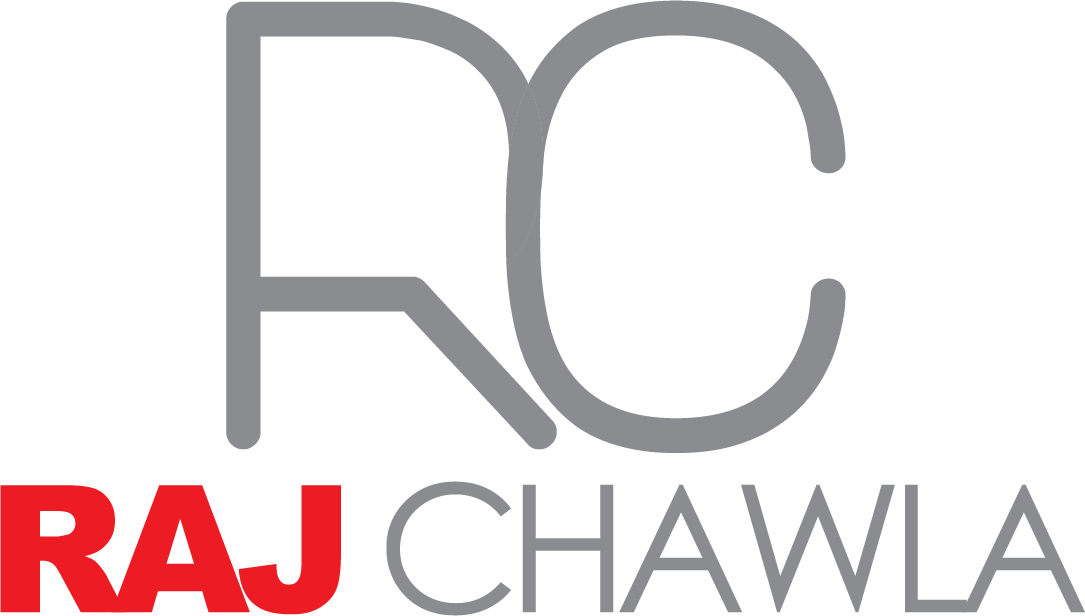Government emphasises spending to bolster economic recovery underway. IN BRIEF $106.6 billion deficit with net debt to peak at $980.6...
Read MoreJust when you thought there couldn’t possibly be any more superannuation news, the independent but government-funded Productivity Commission has delivered a massive draft report into the entire industry.
The Superannuation: Assessing Efficiency and Competitiveness draft report is causing waves in finance circles, so what is it about?
The draft report, released on 29 May found the current super system has ‘structural flaws … harming a significant number of members, and regressively so.’ Fixing these structural problems could lead to a significant increase in retirement savings. The key problems the report highlighted were the proliferation of multiple accounts and underperforming funds across the sector.
The Commission identified several problems impacting the performance and competitiveness of the super industry, mainly connected to customers’ lack of access to information to properly compare their options. While the Commission found there were products on offer that did suit most consumer’s needs, they were difficult to find amidst all the options on offer. Even when consumers can find products that suit their needs, they often lack the necessary information to properly compare them to other offerings, leading to confusion.
Another problem the Commission identified is underperformance of investments, coupled with fees and insurance cover eroding what gains were made. While there were high-performing funds out there, the draft report found many underperform by a significant margin, particularly amongst retail funds. The returns from these underperforming funds’ may make a substantial difference in the amount you have when you retire, potentially adding up to tens or even hundreds of thousands over the course of a career. This can be exacerbated by high fees and excess or duplicate life insurance policies eating away at what gains were made.
Further, about 10 million super accounts, or a third of all super accounts, were unintended and unnecessary duplicates. Duplicate super funds can result in duplicate fees and life insurance costs, further eroding savings. Regulation was also found to be lacking, often focusing more on funds than providing necessary information to fund members.
Finally, the Commission found the way the current default super system operates could be ‘harmful’ to members. Default funds are those you are allocated by your employer if you don’t nominate your own choice. While default funds do have to conform to certain standards, these don’t include performance, leaving some members at risk from an underperforming fund.
In response to these problems, the draft report proposed a new way of allocating default funds, taking the choice away from individual employers. It proposed setting up a new organisation to determine default funds, with strict criteria and an emphasis on low fees and a history of performance. Members would also only be allocated a default fund once, when they enter the workforce, eliminating the problem of receiving a new fund with every employer.
Under the Commission’s recommendations, individual workers would still be able to choose their own fund over the default option but should be provided with a shortlist of competitive options, instead of the tens of thousands of options they have access to now.
The report also recommends a strengthening of regulation and governance, with a particular emphasis on insurance, board appointments and mergers. It also states that regulators need to focus more on fund members, providing them with relevant information.
There is no set date for the Government to respond to the report, but the Commission has outlined a plan to implement recommendations by 2020.
In the meantime, there are a few things you can do to make sure you’re making the most out of your super. You should consider consolidating your funds, meaning you will avoid paying duplicate fees and insurance. You should also look at the performance of your fund and compare it to others out there. As the Commission’s report has highlighted, performance can make a huge difference in the size of your super fund by the time you retire.
Government emphasises spending to bolster economic recovery underway. IN BRIEF $106.6 billion deficit with net debt to peak at $980.6...
Read MoreRegardless of how far off retirement is for you, it could be beneficial to regularly check that your finances are...
Read MoreThe amount of superannuation you should have is a culmination of the contributions made into your super account, fees deducted...
Read More